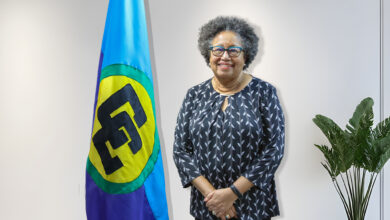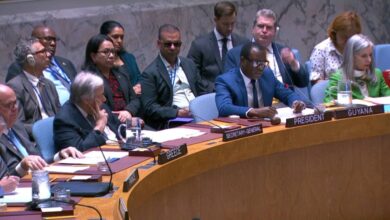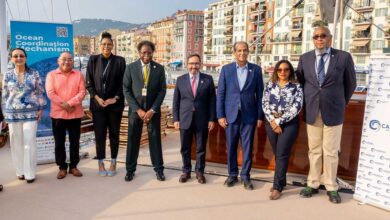UNITED NATIONS, (IPS) – The countdown has begun to September’s Summit on the Sustainable Development Goals (SDGs), with world leaders discussing the 17 goals and 169 targets proposed by the United Nations Open Working Group.
The post-2015 development agenda will focus primarily on strengthening opportunities to reduce poverty and marginalisation in ways that are sustainable from an economic, social and environmental standpoint.
How shall the world set the measure for all subsequent work?
The SDG Fund, created by the United Nations Development Programme (UNDP), with an initial contribution from the government of Spain, has been designed to smoothen the transition from the Millennium Development Goals phase into the future Sustainable Development Goals.
The rationale of the joint programme initiative is to enhance the development impact of technical assistance by combining inputs from various U.N. entities, each contributing according to its specific expertise and bringing their respective national partners on board.
To illustrate, we are currently implementing joint programmes in 18 countries addressing challenges of inclusive economic growth for poverty eradication, food security and nutrition as well as water and sanitation.
The majority of our budget is invested in sustainable development on the ground and is directly improving the lives of more than one million people in various regions of Latin America, the Caribbean, Asia, Arab States and Africa.
National and international partners provide approximately 56 percent of these resources in the form of matching funds.
Each programme was originally chosen through a selection process including the review by thematic and development independent experts.
In addition, we ensure that local counterparts engage in the decision-making processes from programme design to implementation and evaluation. More than 1,500 people were directly involved in designing the various programmes.
The main objective of the SDG fund is to bring together U.N. agencies, national governments, academia, civil society and businesses to find ways in which we can reduce poverty, improve nutrition and provide access to affordable water and sanitation.
Drawing from extensive experience of development practice as well as the former Millennium Development Goals Achievement Fund, we are continually seeking better ways in which to deal with challenges that present themselves.
Gender equality, women’s empowerment, public-private partnerships and sustainability are cross-cutting priorities in all areas of our work.
It is noteworthy to point out that we are focusing our efforts on forging partnerships with the private sector as we recognise the importance of actively engaging with businesses and ensuring their full participation in the development process.
It is in this vein that a Private Sector Advisory Group will be established this spring, consisting of representatives from various industries worldwide with the aim to collaborate and discuss practical solutions pertaining to the common challenges of contemporary sustainable development.






